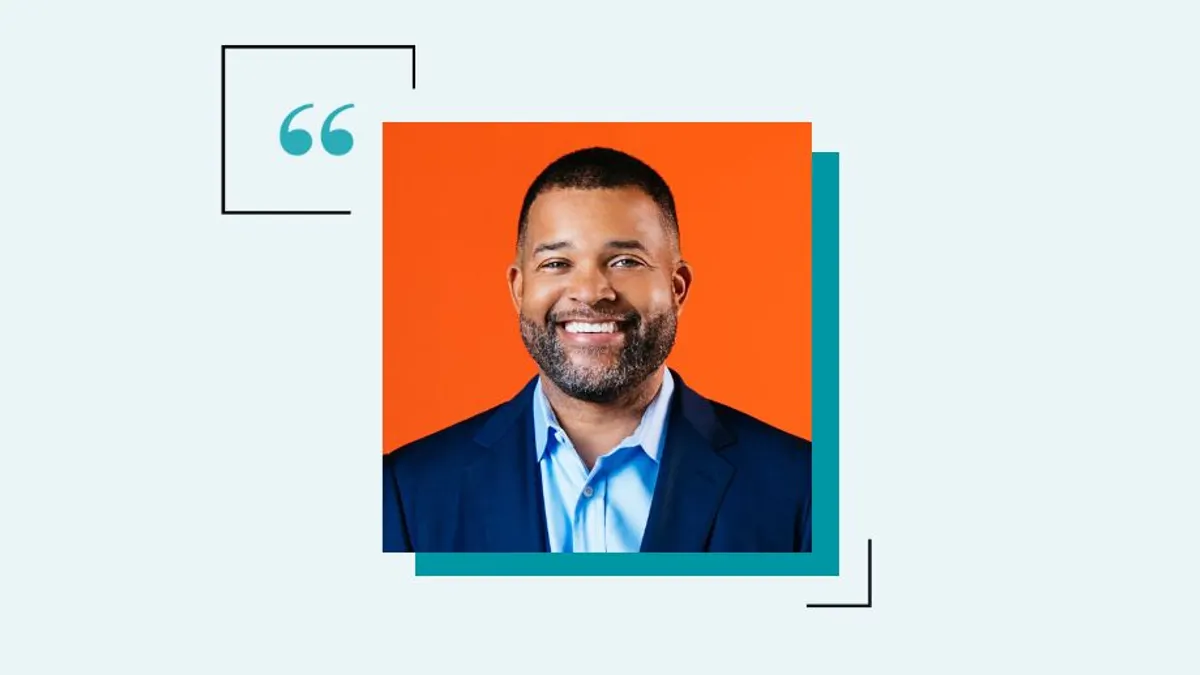After securing a systems engineering degree at the U.S. Naval Academy, Bill Nash, CFO of self-driving vehicle company Cruise, served eight years as a lieutenant in the U.S. Navy Submarine Force. After leaving the Navy with a master’s in electrical engineering, he joined Amgen as a senior engineering manager. Within four years, which included securing an MBA from The Wharton School, Nash shifted to finance at the biopharmaceutical company.
He stayed in finance in pharmaceuticals for more than a dozen years, serving in positions that included senior director of finance, U.S. controller, and division CFO at two more companies before leaving that industry to join Oracle as finance senior director.
At Cruise since 2018, Nash first served as head of finance and accounting, then as vice president of finance before taking on the CFO role two years later. As CFO, he leads a team of more than 70 people in accounting, purchasing, supply chain, and corporate real estate.
 Bill Nash
Bill Nash
CFO, Cruise
- First CFO position: 2013
- Notable previous companies:
- Oracle
- UCB
- Amgen
- U.S. Navy
This interview has been edited for brevity and clarity.
SANDRA BECKWITH: You weren’t on the finance track after you left the Navy and joined Amgen. Why did you shift to finance?
BILL NASH: I've always had an interest in finance. Even as an engineering undergrad, I took a few economics classes.
After I started at Amgen, I reconnected with that early interest while working on my MBA. Amgen also moved people around within the company, so even though I started in facilities engineering, I had an opportunity to explore other options.
Because most of the roles I took on were in finance or in areas that worked closely with the function, I learned quickly that a finance person was involved in most of the key decisions facing the business. I wanted to be a part of those decisions.
At what point did you decide you wanted to be a CFO?
NASH: When I joined Cruise, my goal was to work on things that I care about, with people I respect and admire, in a role where I could make a difference. The opportunity to work here as head of finance and accounting was unique and attractive enough for me. Being offered the CFO position when my predecessor left was just the icing on the cake.
How has military service influenced your corporate career?
NASH: It’s a major influence. Counter to what some think, the military does a good job of preparing people for success in the civilian world. For example, I believe we should never stop learning, and both the Navy and the military support continuing education.
The Navy is also very good at teaching how to foster effective teamwork and promoting the active listening skills we need to understand where people stand on various issues. All these skills have served me well throughout my career.
You describe yourself as a servant leader. What does that mean to you, and how does it play out in your current role?
NASH: As a servant leader, it’s my responsibility to leverage my skills and the influence I have to put my teams in a position to help the company succeed. I try to do that every day.
In addition, I think it's important to take an active interest in employee development and to help them reach their career goals. It includes the idea that as long as we all win, it doesn’t matter who gets the credit. When you have that mindset, you can do some significant things.
Who do you hire in finance?
NASH: We look for people who are smart, naturally inquisitive, and have demonstrated the ability to thrive in difficult situations. In some cases, we look for specific skills – data analytics and technology transformation are important – but other times we take more of a “best athlete” approach. We might find someone who doesn't have the exact skills we’re looking for, but they are so superior in other areas or their background will help bring such a different lens to the problems we're solving, that we bring them on board.
Your journey to the CFO office includes a range of experiences. Would you recommend that to others hoping to become CFOs?
NASH: I don't think there's any one path. Do what excites you. That alone will give you a leg up when competing for jobs. If you're curious and not afraid to take risks, you should do what you enjoy.
![]()














